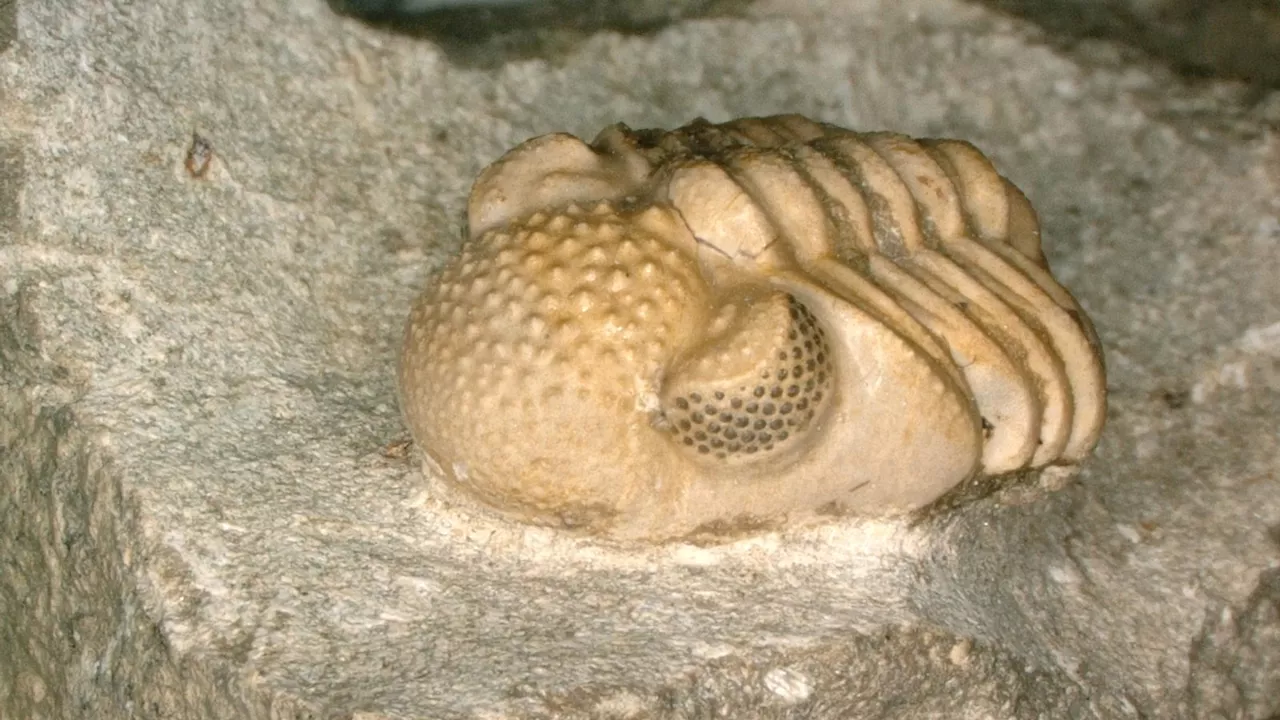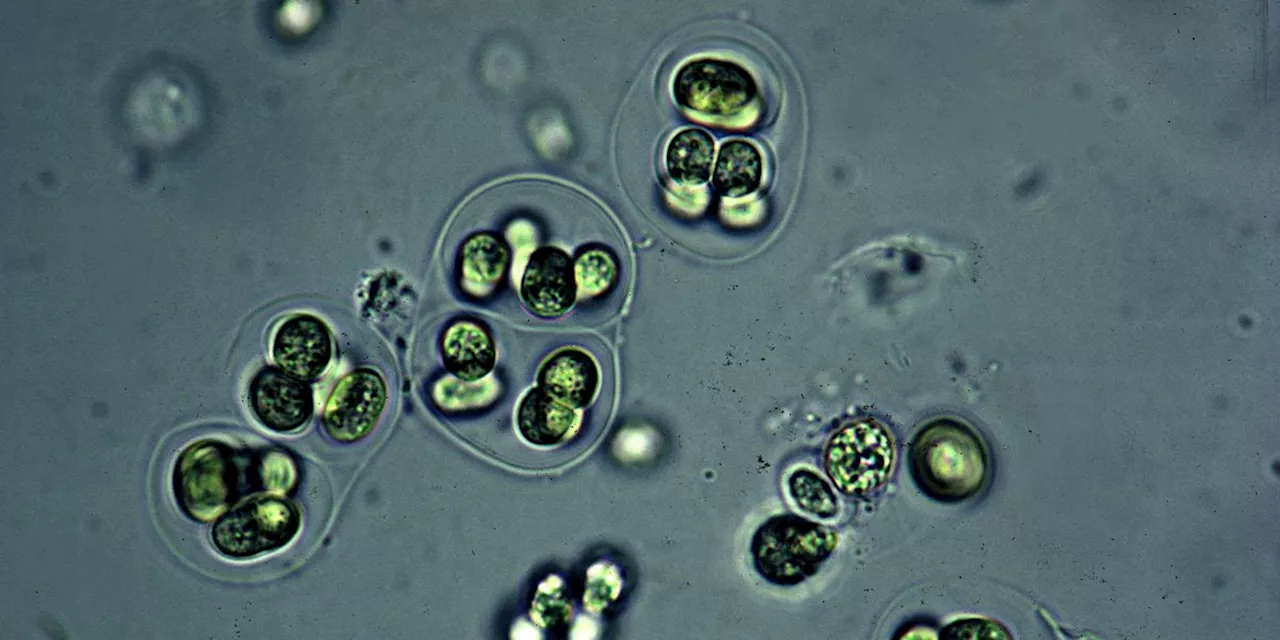Scientists have achieved a milestone by controlling quantum phenomena at room temperature.
In the realm of quantum mechanics, the ability to observe and control quantum phenomena at room temperature has long been elusive, especially on a large or"macroscopic" scale. Traditionally, such observations have been confined to environments near absolute zero, where quantum effects are easier to detect. But the requirement for extreme cold has been a major hurdle, limiting practical applications of quantum technologies.
The main problem with room temperature is thermal noise, which perturbs delicate quantum dynamics. To minimize that, the scientists used cavity mirrors, which are specialized mirrors that bounce light back and forth inside a confined space , effectively"trapping" it and enhancing its interaction with the mechanical elements in the system. To reduce the thermal noise, the mirrors are patterned with crystal-like periodic structures.
The setup allowed the researchers to achieve"optical squeezing," a quantum phenomenon where certain properties of light, like its intensity or phase, are manipulated to reduce the fluctuations in one variable at the expense of increasing fluctuations in the other, as dictated by Heisenberg's principle.
"The system we developed might facilitate new hybrid quantum systems where the mechanical drum strongly interacts with different objects, such as trapped clouds of atoms," adds Alberto Beccari, the other PhD student leading the study."These systems are useful for quantum information, and help us understand how to create large, complex quantum states.
United States Latest News, United States Headlines
Similar News:You can also read news stories similar to this one that we have collected from other news sources.
 Scientists Solve Long-Standing Block Copolymer Research ConundrumResearchers at Pohang University of Science and Technology (POSTECH) have solved a long-standing block copolymer research problem through polymer chain end modifications. The study has achieved tangible manifestations of intricate polymer structures that were previously only theoretical, garnering substantial academic attention. The findings have been published in a journal article, sparking considerable interest within academic circles.
Scientists Solve Long-Standing Block Copolymer Research ConundrumResearchers at Pohang University of Science and Technology (POSTECH) have solved a long-standing block copolymer research problem through polymer chain end modifications. The study has achieved tangible manifestations of intricate polymer structures that were previously only theoretical, garnering substantial academic attention. The findings have been published in a journal article, sparking considerable interest within academic circles.
Read more »
 Billions Facing Clean Water Crisis By 2050, Scientists Warn — Here’s WhyI am a senior reporter for the Forbes breaking news team, covering health and science from the London office. Previously I worked as a reporter for a trade publication covering big data and law and as a freelance journalist and policy analyst covering science, tech and health.
Billions Facing Clean Water Crisis By 2050, Scientists Warn — Here’s WhyI am a senior reporter for the Forbes breaking news team, covering health and science from the London office. Previously I worked as a reporter for a trade publication covering big data and law and as a freelance journalist and policy analyst covering science, tech and health.
Read more »
 50 years ago, trilobite eyes mesmerized scientistsDecades of research has confirmed that for such simple creatures, trilobites had astoundingly complex eyes.
50 years ago, trilobite eyes mesmerized scientistsDecades of research has confirmed that for such simple creatures, trilobites had astoundingly complex eyes.
Read more »
 Scientists create tech that detects secret nuke tests with 99% accuracyInteresting Engineering is a cutting edge, leading community designed for all lovers of engineering, technology and science.
Scientists create tech that detects secret nuke tests with 99% accuracyInteresting Engineering is a cutting edge, leading community designed for all lovers of engineering, technology and science.
Read more »
 Scientists rely on private funding to push long COVID research forwardAdvocates say the federal government no longer views long COVID with urgency. Private donors are funding research, bringing an unprecedented level of collaboration. (Story aired on ATC on 2/6/24.)
Scientists rely on private funding to push long COVID research forwardAdvocates say the federal government no longer views long COVID with urgency. Private donors are funding research, bringing an unprecedented level of collaboration. (Story aired on ATC on 2/6/24.)
Read more »
 Scientists Solved a 1.75-Billion-Year Mystery About How Life Materialized on EarthFossils preserved within ancient rock may prove that photosynthesis started way earlier than we thought.
Scientists Solved a 1.75-Billion-Year Mystery About How Life Materialized on EarthFossils preserved within ancient rock may prove that photosynthesis started way earlier than we thought.
Read more »
